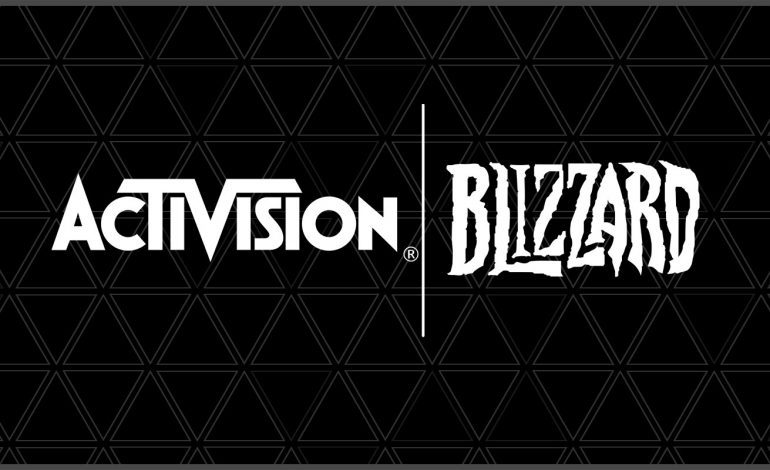

Top gaming studios Electronic Arts and Activision Blizzard are members of a group of major companies that see company insiders turn major profits while the firm participates in buyback initiatives. A new investigation by The Washington Post finds that officials will allegedly sell their own shares in the aftermath of buyback announcements for rates far higher than were possible a few days earlier. The report by The Washington Post does specify that according to the rules set by the Securities and Exchange Commission, “insider trading” is allowed during buyback phases.
According to the report, one of the most telling examples of the practice allegedly comes from Activision Blizzard, publishers of several games including the mobile mega-hit Candy Crush and the Call of Duty franchise. In February 2017, Activision Blizzard announced a $1 billion buyback program. The announcement went out on February 9th, and by the 17th five prominent Activision officials had allegedly, according to their SEC filings, collectively sold shares for a total over $430 million.
One major insider participating in the trading during buyback was allegedly CEO Robert “Bobby” Kotick, who, according to the report, sold nearly four million shares for slightly over $180 million on February 10th, just one day after the buyback announcement. The price is approximately 15% higher than the stock would have been valued at prior to the news. Brian Kelly, Kotick’s business partner and chairman of the board, also allegedly sold five million shares for $230 million.
At no point during the buyback program did Activision repurchase its shares. Previously in February 2015, Activision Blizzard announced a buyback program at $750 million, also without repurchased shares.
Activision Blizzard issued a statement to The Washington Post stating that their actions were not improper or illegal, and explained that company insiders will sell shares after buyback announcements because the quarterly window allows employees to trade if they want to. This window typically lines up with the company’s earnings reports, issued annually. Activision’s statement also stresses that Kotick “and other officers and directors continued to own millions of shares, ensuring the alignment of their interests with the rest of our shareholders.”
The statement from Activision Blizzard continues: “Consistent with common practice, we don’t comment on why we purchase or do not purchase shares, but it is completely incorrect and irresponsible to asset that our Board of Directors’ authorisations were entered into for any improper purpose.”
Electronic Arts, or EA, was also included in The Washington Post’s report on buyback programs and insider’s stock sales. EA also announced a buyback program in 2017, and within a period of 23 days CEO Andrew Wilson allegedly sold shares at a rate 12% to 19% higher than would have been possible before the announcement, generating a profit of $2.1 million.
EA spokesperson John Reseburg explained to The Washington Post that Wilson’s stock sales were sold as part of a prearranged trading program, and the sales were conducted “without his direct input.” Reseburg, echoing Activision Blizzard’s statement, also emphasized that none of the sales were in violation of the SEC’s rules.
Play games, take surveys and take advantage of special offers to help support mxdwn.
Every dollar helps keep the content you love coming every single day.
